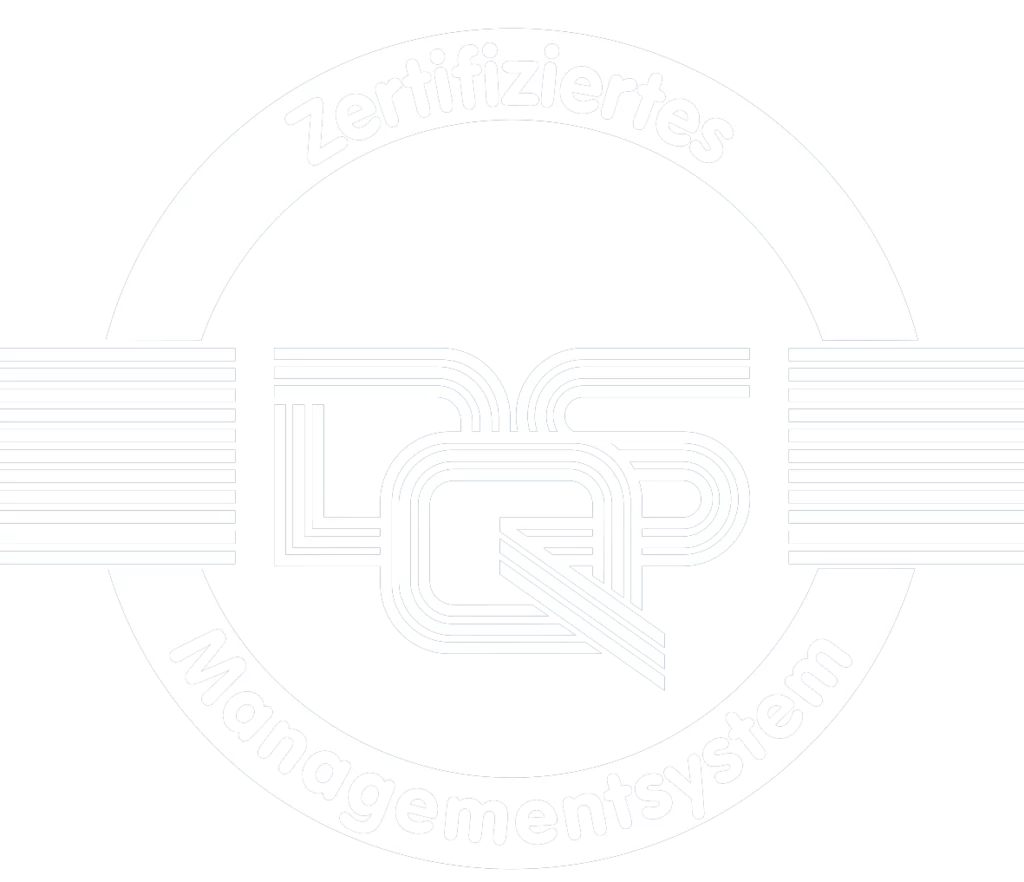It’s worth acknowledging that the question “What is your greatest weakness?” is no longer as popular as it used to be. The recruiting industry is changing, and many formulaic questions and classic methods have fallen out of fashion.
The fact that the question is no longer ubiquitous, however, is a far cry from saying that it has become uncommon, and it certainly has high odds of making you feel uncomfortable on your seat.
So let’s take a look at the best way(s) to respond when someone asks What is your greatest weakness?, specifically from the perspective of a developer.
Understand The Question
Interviewers asking about your weaknesses may sound like they are looking for an excuse to turn you down – which is part of what makes this question so thorny. In reality, what they are (or should be) trying to find out is your degree of self-awareness, the size of your ego, and your ability to work on your skills. Therefore see this question for what it is – a prompt for you to talk about your approach to things, and not a trap.
Naturally, it’s not a good idea to say “I have no weaknesses” – because everyone does, and you’ll just come across as arrogant. It is also self-evident that you should not reveal a weakness that is critical to performing the job at hand (although if you have one, should you really be in that interview?).
Personal Or Technical Weakness?
Regardless of whether the interviewer says weakness or weaknesses, it’s always better to stick to only one. Don’t start expounding on a list of everything that’s wrong with you. That’s unnecessary and self-defeating.
As long as you’re picking a weakness to tell them about, you may be wondering if you should go for a personal weakness related to your character, or a technical weakness related to your strictly professional abilities. There isn’t a rule cast in stone for this and generally you should go with whichever option you feel most comfortable with.

Having said that, in the majority of cases it is probably best to discuss a light technical weakness rather than a personal one. There are two reasons for this. The first is that technical shortcomings tend to be easier to correct. A simple refresher course can straighten out your ongoing troubles with Laravel, but it’s a lot harder to fix something like “I don’t have a very friendly personality.”
The other reason is that a technical answer will elicit reactions that are usually easier to predict – tell an interviewer that you are weaker with a particular programming language and they’ll simply note it down in your profile, but how they will respond to someone saying “I get angry rather easily” is much more of a gamble.
Word to the wise, don’t try and and “game the system” by telling them about a strength and wording it like it were a weakness (e.g. “I’m never satisfied with my work, I always feel that it could be done better”. That is the oldest trick in the book, and your interviewer will see right through it. Avoid it, as you’re only going to come across as insincere.
Preparing For The Question
As mentioned above, when preparing for this question, you should choose something to talk about that you feel comfortable with – a weakness that you know well, that you can talk about in reasonable detail, and that you’re not overly anxious about. Finding this should be your priority when preparing for the interview.
As long as you don’t stray too far from that principle, you have some wiggle room to decide how you want to craft your answer. Here are two optional factors that you may want to consider.
Firstly, try and think of a weakness that is generic rather than unique. Telling your interviewer that you are completely inept with APIs would put you in a bit of an odd bracket, no matter what other wonderful skills you may bring to the table. The recruiter would be left wondering what to do with you. On the other hand, telling them that you don’t write unit tests as often as you should is a better option, because it’s something that holds true for a great deal of developers out there. You’re not going to lose points for revealing a trait you probably share with most other candidates.
Secondly, depending on the company you are applying for, look for a weakness that you know they can help you out with. If you are applying to be the only developer in a small publishing house filled with editors, then our earlier advice about technical weaknesses being preferable to personal ones goes out of the window. But if you’re about to join a large gaming company and be assigned to a team of 28 developers, feel free to tell them that there are aspects of the Unity engine you do not understand, and that you hope the rest of the team can help you get better with them. That is probably exactly what they will do.

The Key To Answering The Question
By far the biggest mistake that anyone can make when answering this question is to just mention their weakness and leave it at that. What the interviewer wants to hear is not just that you know what your shortcoming are, but more importantly, that you are someone who actively works to address them.
When discussing your weakness, it is essential that you also tell them what steps you have been taking to improve. If you say that you are not as familiar with a set of Python libraries as you would like, follow it up with the online tutorials that you have been looking into to plug that gap.
Be sincere about this – don’t make up things that you haven’t done. Improving yourself as a developer is something that you should constantly be doing anyway, so preparing for this question should also be an opportunity. If you realise that you haven’t done anything to address the weakness that you want to tell them about, then do something about it now – it’ll prove useful in general, over and beyond giving you material for the interview.
When discussing the ways that you have tried to better yourself, it’s great if you can link it to a broader narrative of self-improvement. In the Python example, you can tell them that you decided to take the online tutorials because in the past you had a similar problem with JavaScript, but you successfully rectified it with comparable tutorials. If your interviewer sees that, at some point in the past, you independently became aware of a weakness and fixed it, then you’ve hit the nail on the head.
Final Thoughts
As we mentioned, the question What is your weakness belongs to an old school of work interviews, which is why it is sometimes treated with contempt by candidates (“Why should I waste my time answering such a stupid and loaded question?”).
Regardless of how adequate this classic question may be to assess a developer’s skills, approaching it with a negative frame of mind is not going to help you. If the interviewer fires “What is your weakness?” at you, then run with it. The best you can do is to see it not as an obstacle, but as an opportunity.
Take the question seriously, prepare for it as best you can, and remember the tips above – and go get yourself that job offer!






